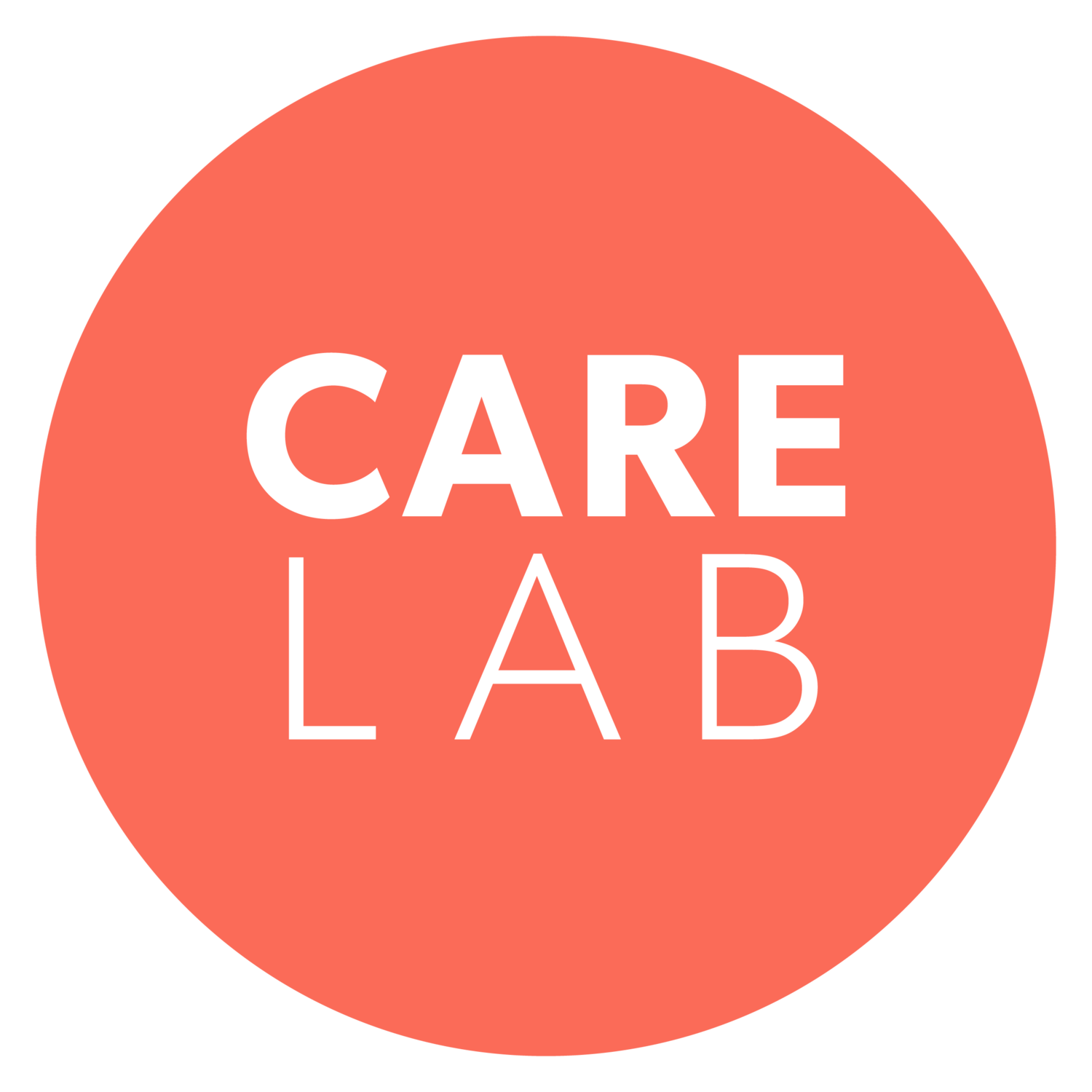On Belonging and Bridging
On a rainy evening in October 2021, ten of the most powerful congressional staff members—five Republicans and five Democrats—joined us for an evening focused on belonging and bridging. They serve some of the deepest blue and red states from all regions of the country.
A bipartisan conversation on these themes, which touch on controversial issues of othering, exclusion, prejudice, and division, might sound like a recipe for disaster.
But in a safe, private space, over a great meal, and with the guidance of renowned expert john a. powell, our group engaged in a warm, profound conversation about the challenges of connecting and collaborating.
Participants shared personal stories of feeling “othered” and participated in a powerful deep listening exercise. As john described it, deep listening is one of the most effective ways to change a person’s mind; but that’s not how it should be used. Rather, he suggested that participants approach it as a tool for cultivating mutual understanding, which is an essential precursor for collaboration.
Why was this exercise successful? Despite popular perceptions, our participants want to build bridges, navigate their divergent beliefs and perspectives, and work together to guide this country and world through the tremendous challenges we face.
But they are up against big obstacles: a news cycle that thrives on conflict and vocal groups of constituents that demand it.
CARE LAB created the Three Dinners series to provide leaders with tools and practices that can help relieve stress, build resilience, and minimize toxic division. At dinner one, Alexander Caillet shared a science-backed practice of heart breathing. At dinner two, john a. powell’s guidance on deep listening revealed a tool for bridging. At dinner three, Amanda Ripley will share insights into how we move from “high conflict” to more productive “good conflict.”
We’re beginning with tools that help these leaders care for themselves and build connections with each other at the personal level, but the implications are much broader. As Amanda Ripley noted while taking part in the Dinner Two conversation, these kinds of relationships are what have historically served to reduce political violence and conflict escalation. And our conversations are also opening an inquiry into how these practices can be leveraged to meaningfully transform our institutions and culture.
Help us build a platform of programs that will enable leaders to take the next step.
